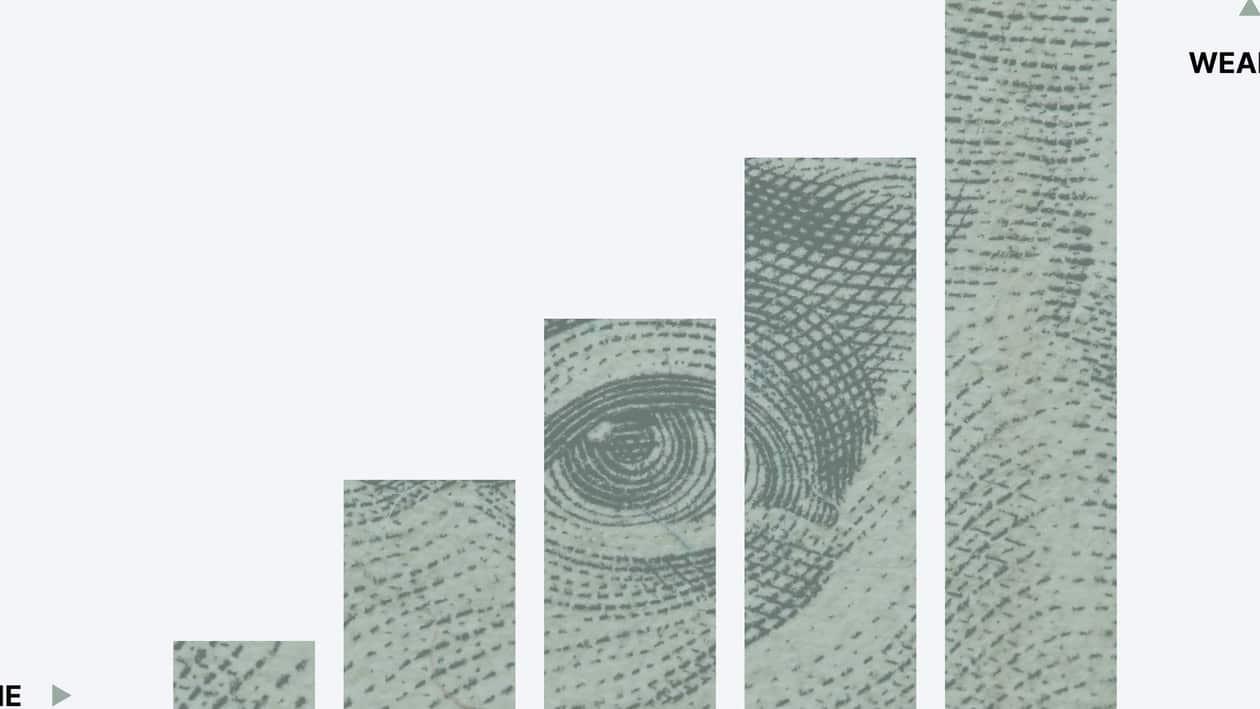The risk-averse investors flock up to debt instruments that allow them to earn well sans the market-related risks. For those more keen to save to attain their financial goals, investing in fixed-income instruments serves best.
Take for example the HDFC Income Fund – Direct Plan-Growth whose fundamental assets include fixed-income securities. Launched by HDFC Mutual Fund, this fund like most other funds in its category is an open-ended fund. You can stay invested in this fund for a prolonged period to earn good returns.
As per the guidelines stipulated by the Securities and Exchange Board of India (SEBI), investments in this fund come under the “Moderate Risk” category.
HDFC Income Fund – Direct Plan-Growth
Launched on January 01, 2013, the current assets under management (AUM) amount to ₹582.04 crores. The risk factor is average in this open-ended fund is almost nil owing to fixed returns. This medium-sized debt fund charges a 0.51 per cent expense ratio.
The fund is benchmarked against the NIFTY Medium to Long Duration Debt Index and can be bought to earn long-term returns. Considering the low total expense ratio charged by this fund, the returns from this debt to medium to long duration fund are a bit higher compared to other funds in this category.
The minimum amount you can invest in this fund is ₹5000 in a lump sum while you can make an added minimum investment of ₹1000 in a lump sum in this fund. The minimum investment you can make through systematic investment plans (SIPs) is ₹300. This fund does not attract any exit load, which means that investors have nothing to lose post-fund redemption.
Asset allocation
Roughly 83.32 per cent of the fund’s holdings are in debt of which 37.77 per cent of the money is invested in Government securities and 45.55 per cent in funds invested in very low-risk securities. With a major portion of the fund’s money parked in debt instruments, this fund is best suited for investors who want to park their money for a long duration, but prefer to take less risky inherent in equity funds.
The returns factor
The scheme earns around 4.05 per cent returns in a year while the absolute returns over five years are 5.89 per cent. Since its inception, the absolute returns on this fund have been 7.38 per cent.
Tax treatment
If the fund’s units are redeemed within three years of investment, the profits will be added to the investor’s income, which will be then taxed as per the rates mentioned in the Income Tax slab.
For investors who redeem the fund units after three years of staying invested, gains will be taxed at 20 per cent post indexation benefits.
Investors also earn dividends regularly from this fund. The dividend income from this fund will be added to the income of the investor who would then be taxed as per the respective tax slabs.
The fund house will deduct a TDS of 10 per cent on dividend income exceeding ₹5000 in any financial year.
Disclaimer: This article is for information purposes only. Please speak to your SEBI-registered investment advisor before investing.
